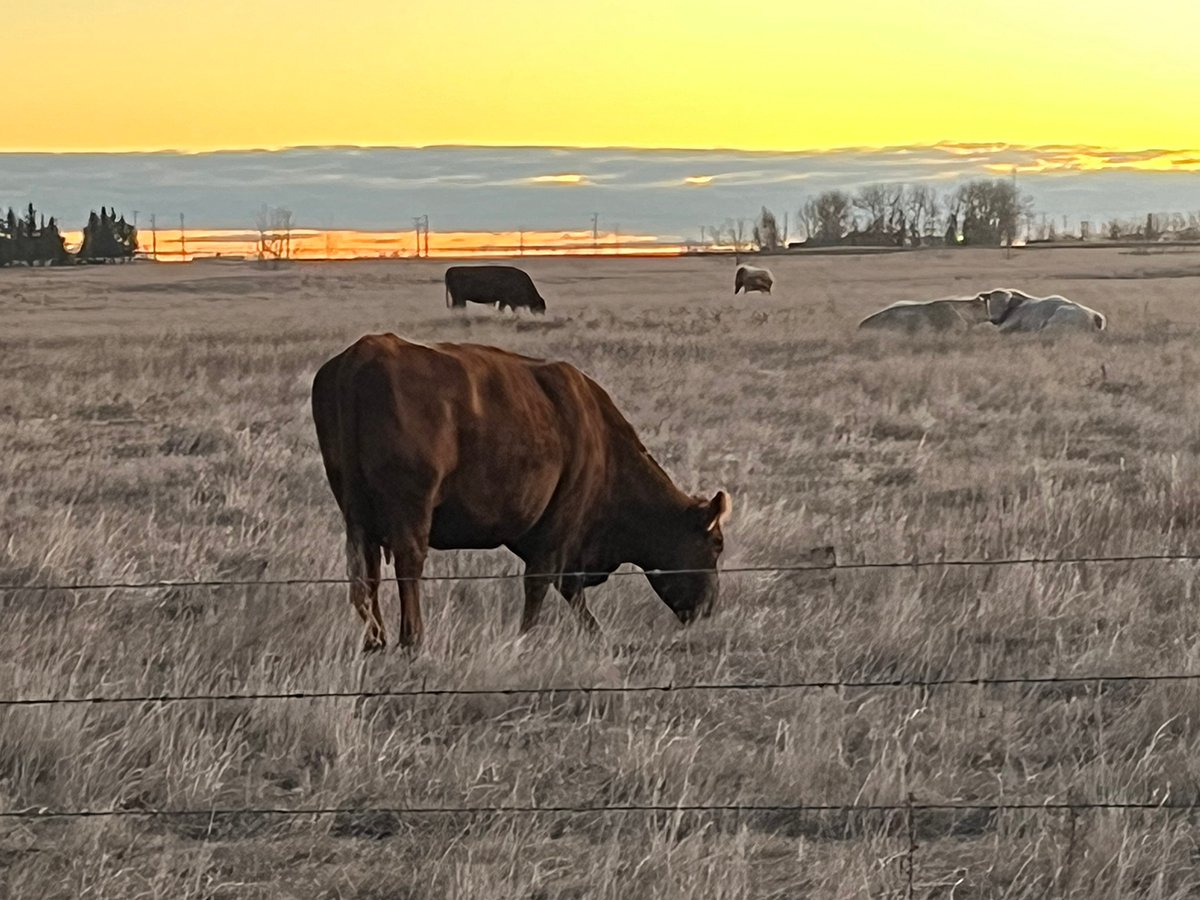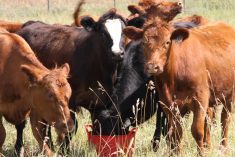Mike Brumm sees a troubling trend in American hog barns and he speculates that the same thing might be happening in parts of Canada.
The extension swine specialist with the University of Nebraska told Manitoba producers recently that what he called out-of-feed events are on the rise in the United States and are harming pig performance.
“As an industry, we’ve becoming very complacent about out-of-feed events,” he said through a speaker phone during the Manitoba Swine Seminar in Winnipeg on Feb. 2.
“It happens more often than producers may think.”
Read Also

Animal protection delivery to change in Saskatchewan
The Saskatchewan government is looking for a new agency to handle animal welfare after Animal Protection Services of Saskatchewan decided not to renew its contract next year.
He was referring to the times when the flow of feed to grow-finisher barns becomes interrupted, causing the pigs to be without feed, sometimes for several hours at a time.
If those events occur often enough, the pigs will take longer to reach market weight, said Brumm, and health problems could arise.
He spoke specifically about bulk bins and automated feeder systems, which are supposed to provide an uninterrupted flow of feed to hogs in grow-finisher barns.
However, in reality, the flow of feed in those systems can sometimes be interrupted. Three culprits in particular are to blame:
- Human error: Brumm described human error as failing to ensure feed is ordered and delivered in a timely manner to prevent empty bulk bins.
He suggested the problem coincides with having more feed processed and delivered from commercial mills rather than preparing the feed on the farm. A commercial mill may not be able to immediately schedule a feed order when a barn operator discovers that a bin is empty or near to empty. Once the order has been scheduled, time is needed to process and deliver the feed.
“As we go to more contract production of pigs where feed is increasingly made at a mill some distance from the farm, rather than at the farm, we’re having more empty bulk bins,” Brumm said.
- Feed bridging: In this case, there is still feed inside the bulk bin, but the feed bridges in a way that prevents it from flowing out. Mills are grinding hog rations finer to promote feed efficiency, Brumm said, but the smaller feed particle size increases the likelihood of bridging.
- Equipment malfunctions: The malfunctions usually increase as a hog barn ages, he said, but the level of equipment repair and maintenance also is a factor.
Brumm and a fellow researcher studied weaned pigs for 16 weeks to learn what effect feed interruptions would have on their weight gain. Each week, a day was chosen at random and the pigs were exposed to a 20-hour feed shortage.
During the first eight weeks of the trial, a clear link was found between feed interruptions and a decline in daily weight gains. However, the food interruptions seemed to have no effect on daily gain or feed conversion during the last eight weeks of the experiment. The pigs somehow adjusted to the interruptions, but they never made up for the loss of gain from the first half of the trial.
“The end result of frequent out-of-feed events is … it takes pigs longer to reach market weight,” Brumm said.
Irregular feed availability has also been linked to ulcers, hemorrhagic bowel syndrome and tail biting.
He also warned that feed interruptions could undermine the defence of confinement grow-finish barns as a place to better provide for the pigs’ daily needs.
“Can we defend out-of-feed events, especially if they’re due to empty bulk bins and an inability to deliver feed to the barns?”
He did not provide evidence that feed interruptions are common in Canadian hog production.














